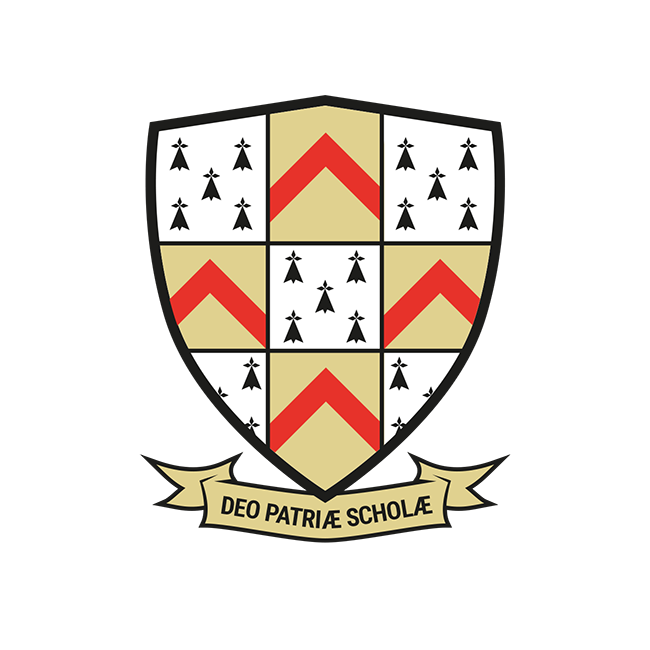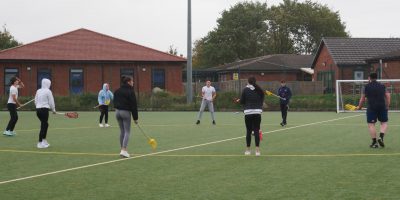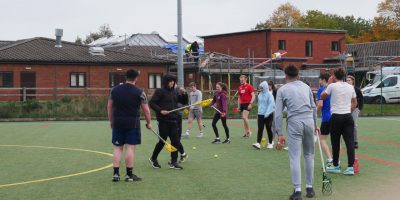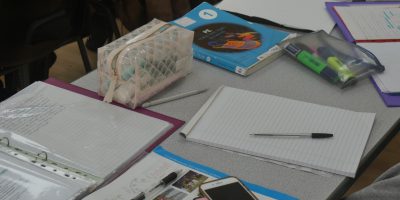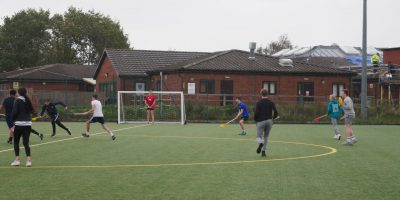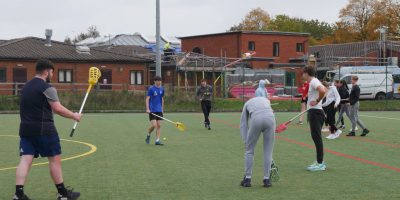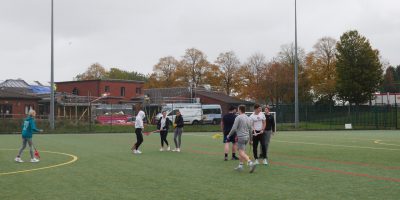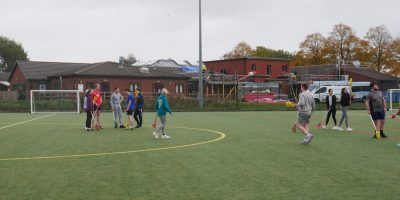Why study A Level Physical Education?
- To follow an interest in PE, Leisure and Sport
- To develop a career path in PE, Leisure and Sport
How will I be assessed?
You will be assessed in two ways:
- 70% by written examinations (3)
- 30% by practical assessment (1) and coursework
Component 1
Physiological Factors affecting Performance
- Anatomy and Physiology
- Exercise Physiology
- Biomechanics
Component 2
Psychological Factors affecting Performance
- Skill Acquisition
- Sports Psychology
Component 3
Socio-Cultural and Contemporary Issues
- Sport, Society and Technological Influences
Component 4
Performance within Physical Education
- Performance or Coaching Practical
- Evaluation of Performance
Prerequisites
- 5 GCSEs at Grade 5 to 8. If you study GCSE PE, you need to be achieving at least Grade 6 on the theory paper
- An interest in PE and Sport and the Human Body
- Ability in at least one sport is essential
What skills will I gain from studying Physical Education?
- Knowledge and understanding of the human body, Sport Psychology, Technology in Sport, Social Issues and History of Sport
- Social Skills
- Logical Thinking Skills
- Skills of Analysis
Where can Physical Education lead?
- Teaching and Lecturing
- The growing Leisure Industry
- Physiotherapy
- Sport Management
- Sports Coaching and Development
- Research in Sport Science
Additional Comment
I would advise you to talk to students in Year 12 and Year 13 about their experiences of A Level Physical Education.
What will I study?
- Anatomy and Physiology
- Exercise Physiology
- Biomechanics
- Skill Acquisition
- Sports Psychology
- Sport, Society and Technological Influence in Sport
You will also complete an Analysis of Performance in your sport; prepare a Training Programme to improve an identified area of weakness
